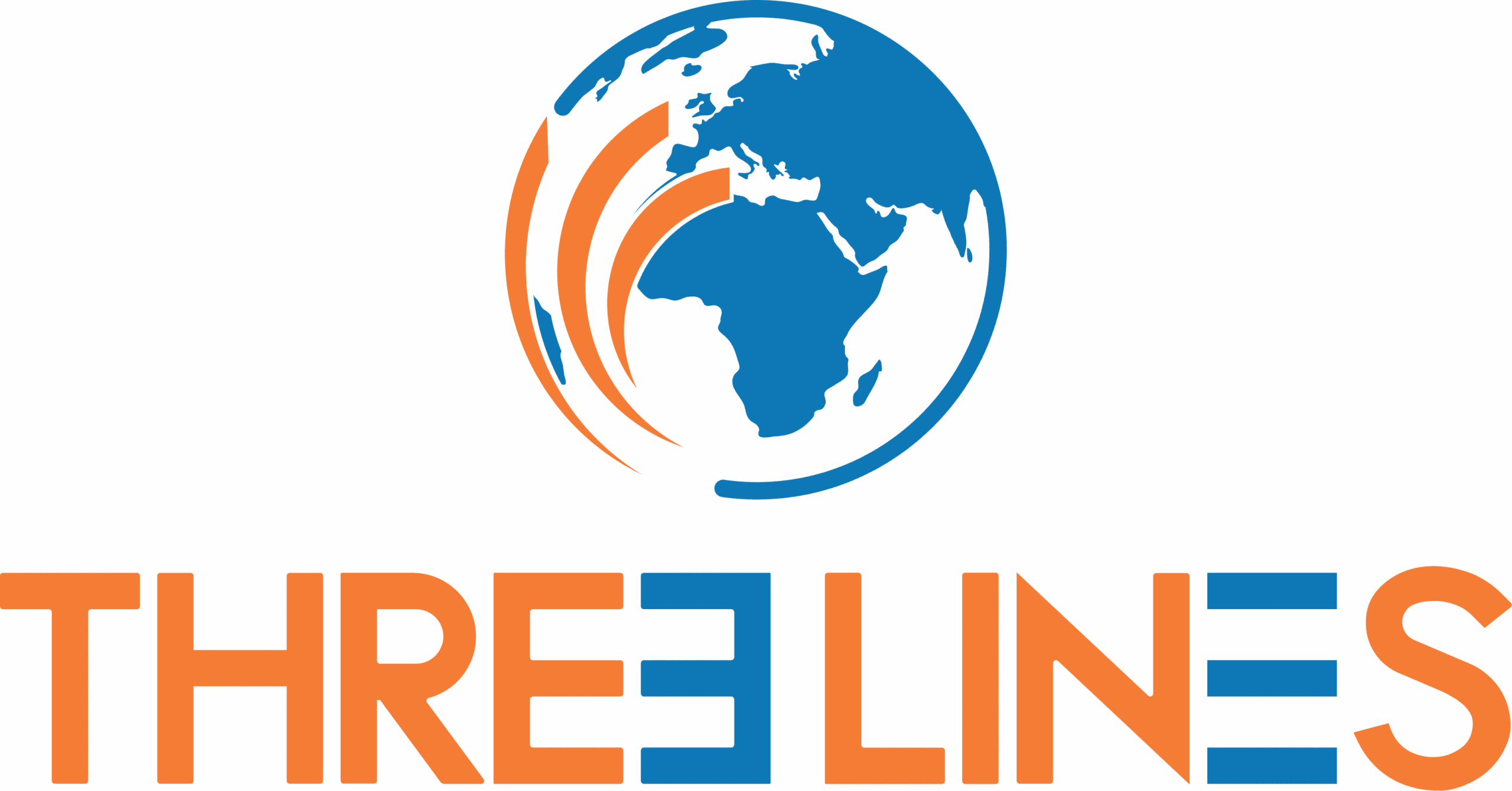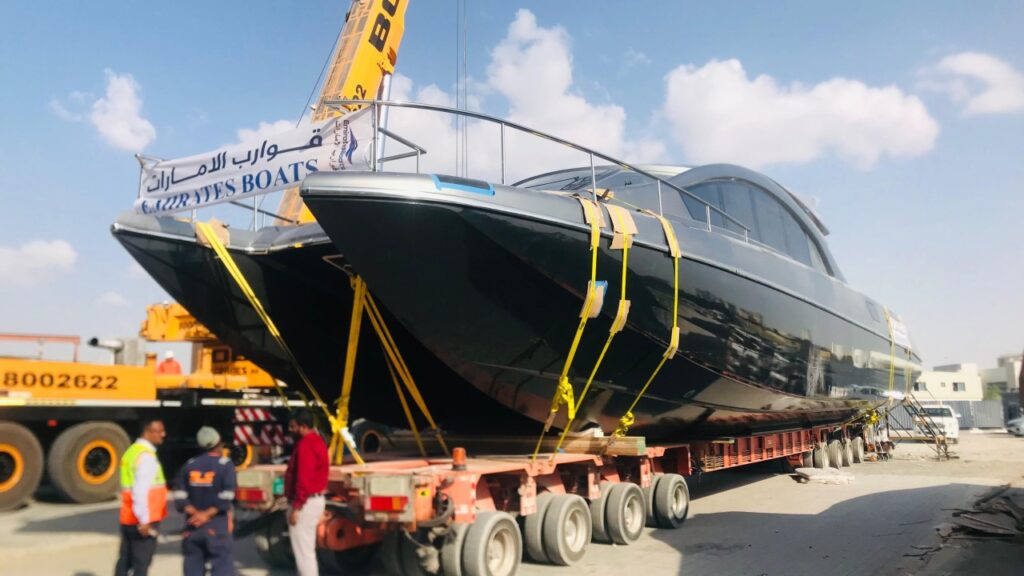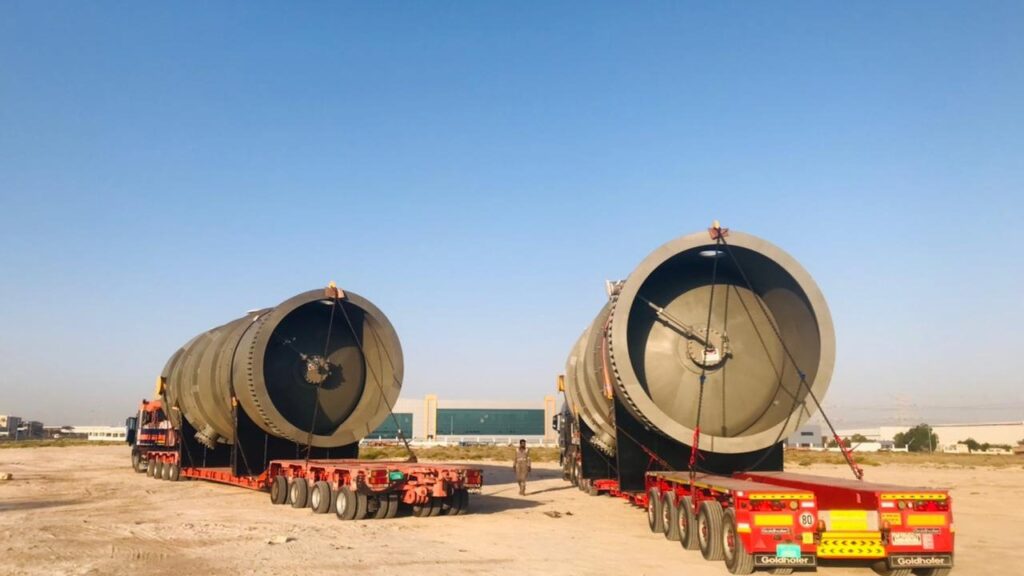Meeting your
distance on time
- Surface Transportation
- Freight Forwarding
-
Project
Logistics
- Warehousing & Distribution
-
Last Mile
Delivery
- Specialized Services
Three Lines Shipping (TLS) is an end-to-end logistics services company operating in GCC since 2001. Headquartered in Dubai, Three Lines Shipping has offices in UAE, Qatar, KSA, Bahrain and Oman. We are an ISO 9001:2008 certified company by UKAS-quality management system. Having become market leader in surface transportation and project logistics, Three Lines Shipping caters to total logistics needs of customers by providing freight forwarding, warehousing and value-add logistics services.
We are a proud member of WFN (World Freight Network), MFA & WCA, who have a strong coverage of valuable agents around the world. Thus, with a strong network of 180 affiliated offices and experienced associates, Three Lines Shipping has expertise to render quality logistics services to small, medium and large multinational businesses operating in the Middle East and worldwide.
Three Lines Shipping (TLS) is a one-stop solution for your end-to-end logistics requirements. Get on board with one of the most experienced freight forwarding organization and get best-in-class service for all your logistics and supply chain requirements.
and cost efficiency are assured to provide absolute customer satisfaction.
Project Cargo
Project cargo requires specialized and expert handling, Three Line Shipping has the expertise and capability to efficiently manage the movement of heavy-lift and over-dimensional cargo.
Freight Forwarding
With our well-established global freight and trade network, we offer vast access to air, ocean, rail or surface transportation infrastructure, all of which benefits customers with faster and wider access to vital markets across the globe.
Warehousing & Distribution
We continue to modernize our existing warehouses and distribution facilities to provide better services to our customers in terms of Warehouse Management, Inventory Control and Order Fulfillment.
Last Mile Delivery
We are enabling our customers with reliable last mile delivery services, with real-time order placement, visibility and control of delivery operations.
Specialized Services
Surface
Transportation
Project
Cargo
Freight
Forwarding
Warehousing & Distribution
Last Mile
Delivery
Specialized
Services
Last Mile
Delivery
Specialized Services
Surface
Transportation
Project
Logistics
Freight
Forwarding
Warehousing & Distribution
Three Lines Shipping LLC – LTL Division
- Mr. Jirshad
- +971 551069983
- +971 4 2978604
- [email protected]
Three Lines Shipping LLC – Freight Division
- Mr. Ankit
- +971 528811298
- +971 4 2387880
- [email protected]
Three Lines Land Transport Est.
- Mr. Nijison Joab
- +971 52 647 4384
- +971 52 647 4384
- [email protected]
Three Lines Shipping LLC – Over Land Division
TLS General Transport LLC
MARS Energy Transport LLC
- Mr. Noushad
- +971 509485828
- +971 4 3239889
- [email protected]
TLS Parcel Delivery Services LLC
- Mr. Jinshad
- +971 526458960
- +971 4 3239889
- [email protected]
Three Lines Shipping LLC – Freezone Division
Tawseelah Delivery Services LLC
Three Lines Shipping & Transport WLL – Corporate office
- Mr. Rafeek
- +974 55824762
- +974 4450 6452
- [email protected]
Three Lines Shipping & Transport WLL – Warehouse
- Mr. Sidheeq
- +974 55856710
- +974 4450 6452
- [email protected]
Three Lines Shipping & Logistics WLL
- Mr. Nishad
- +974 77523012
- +974 4466 5660
- [email protected]
Three Lines Transport & Storage Est
- Mr. Jamshad
- +966 533005264
- +966 5330 05264
- [email protected]
Three Lines Transport & Storage Est
- Mr. Basheer
- +966 532187170
- +966 5321 87170
- [email protected]
Three Lines Logistics WLL
- Mr. Rashad
- +973 39628840
- +973 1755 0470
- [email protected]
Three Lines Logistics WLL – Freight Division
- Mr. Zameem
- +973 39949118
- +973 1777 1818
- [email protected]
Three Lines International Cargo
- Mr. Bawa
- +968 92847353
- +968 2422 9420
- [email protected]
Threelines Logistics & Transport
- Mr. Jamshad
- +966 533005264
- +966 533005264
- [email protected]
Three Lines Shipping LLC (HQ)
- Three Lines Shipping LLC (HQ)
- [email protected]
Threelines Logistics Co. WLL
- Mr. Kariappa N.S
- +965 5572 8359
- +965 2571 2883
- [email protected]
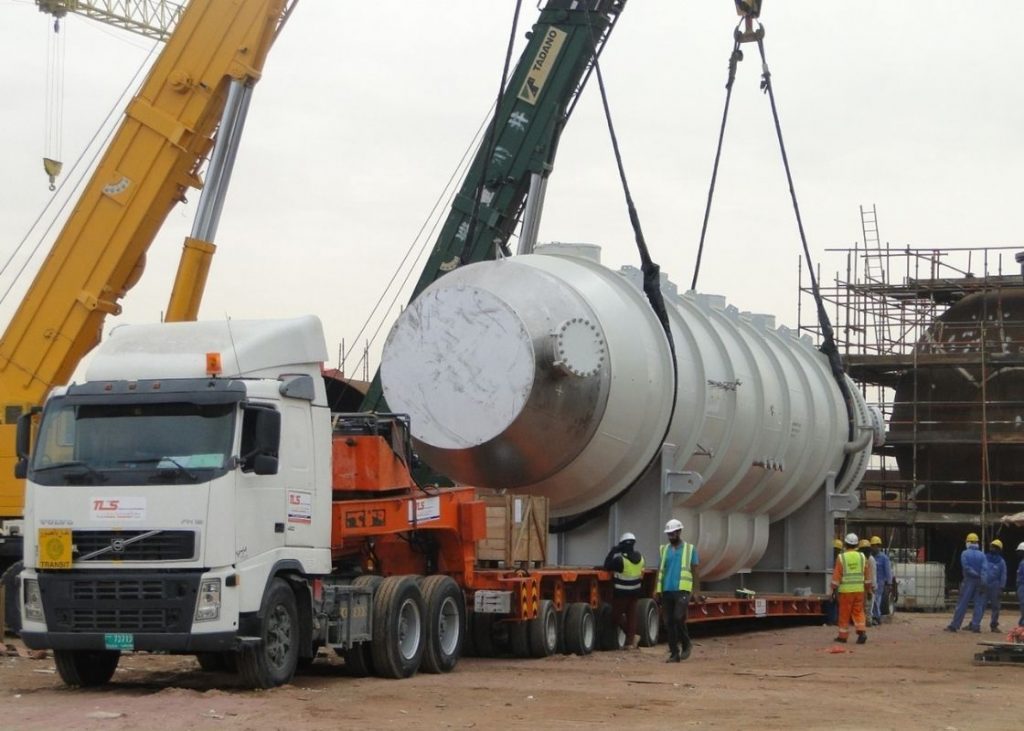
93 Tons Brine Heater Transportation
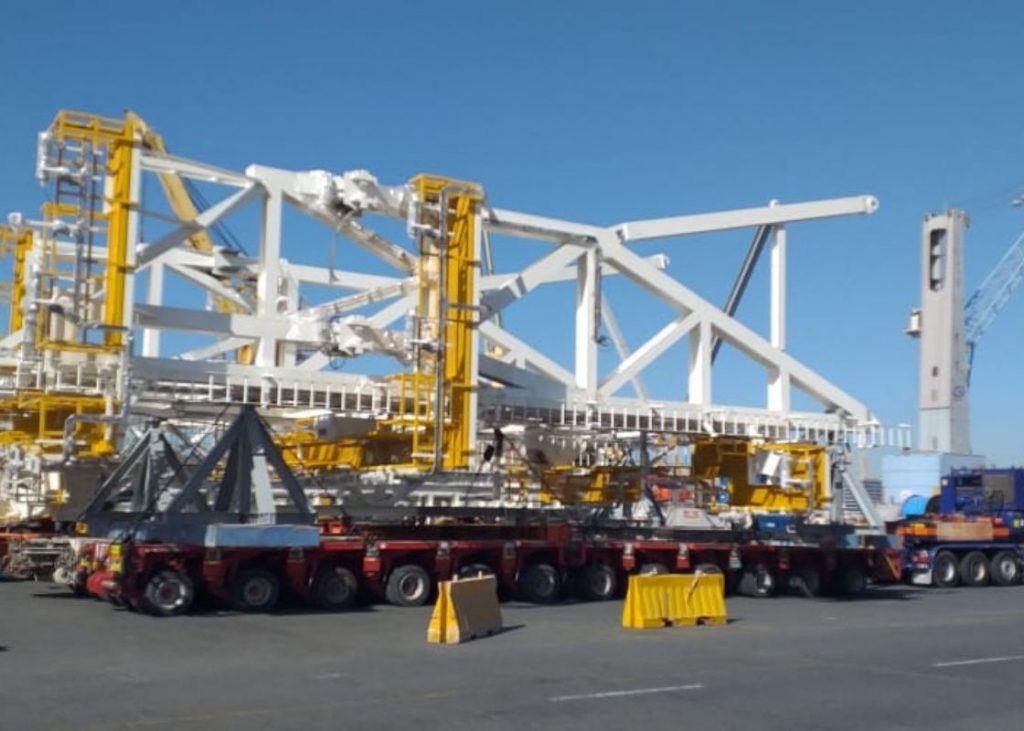
126 Tons Mast Section Transportation
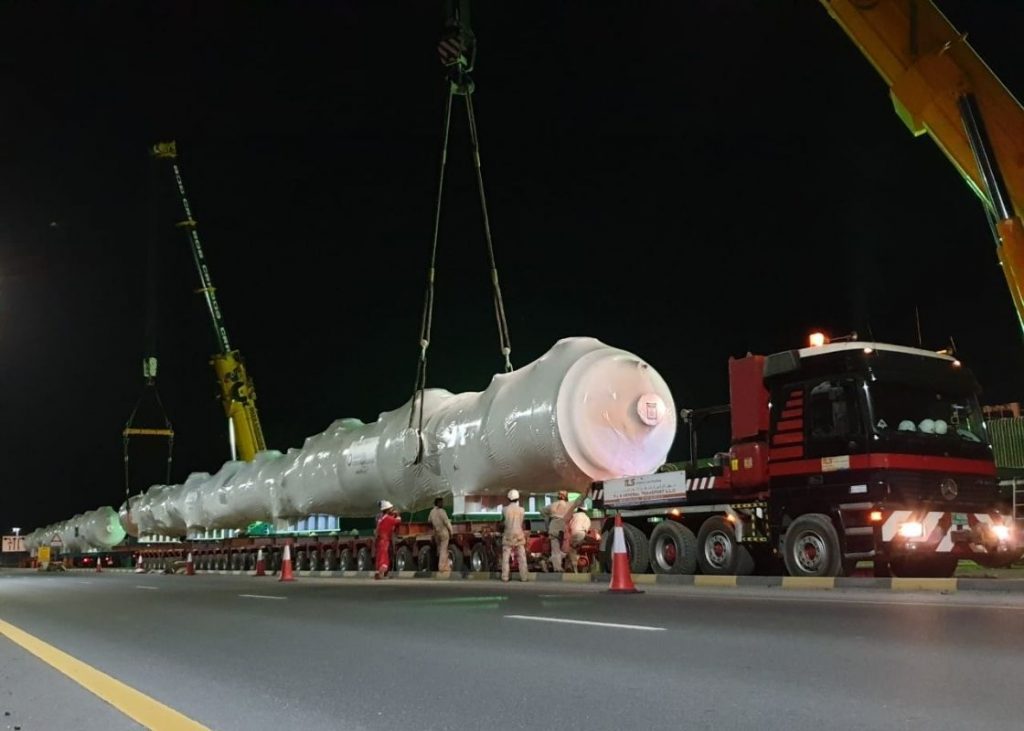
380 Tons Demethaniser Transportation

150 MT Cantilever Extend Deck of a Jackup Barge
How we transported a 150MT Cantilever Extend Deck of a Jackup Barge
FAQ's
Three Line Shipping stands out with personalized logistics solutions, efficient delivery times, and proven expertise across Dubai, UAE and the Middle East.
We use secure handling, everyday tracking facilities, and experienced and trained staff to guarantee safe and timely deliveries both locally and worldwide.
Yes, our dedicated customer service team will update the status of your shipment on a day to day basis.
We can handle Clothes, Building materials, Automobile spare parts, Hardware and tools, Chemicals, Toys, Cosmetics, Pet foods and related shipments, Automobiles, Furniture, Office supplies, Catering equipment. We can also handle oversized cargo projects.
Our pricing is fully transparent i.e no hidden fees. All shipping costs and charges in Dubai, UAE are clearly explained upfront.
You will need a commercial invoice, packing list, and permissions and approvals depending upon the type of shipments.
Contact us for tailored shipping rates, route optimization, and bulk solutions. We can help you out with cost reduction for any of your GCC wide cargo transportation needs.
Follow our latest news and thoughts which focuses exclusively on insight,
industry trends, top news headlines.
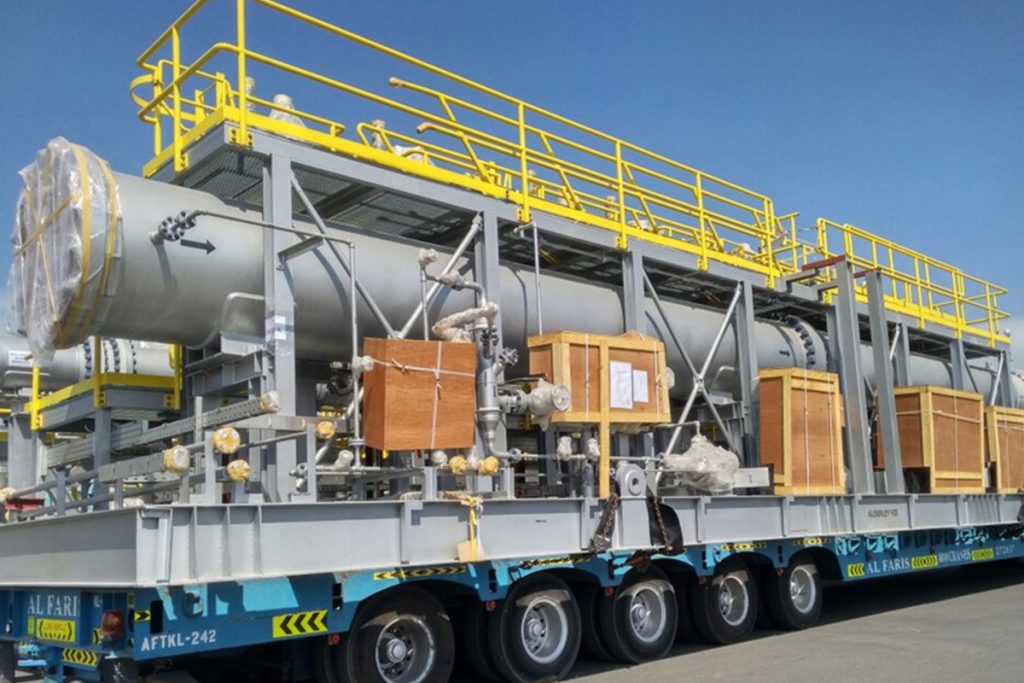
Importers Achieve Cost Savings Through The First Sale Rule!
At Three Lines Shipping, we understand the importance of safe and timely transportation of your shipments; with our own fleet of trailers we provide secure, fast and reliable transportation of the goods.
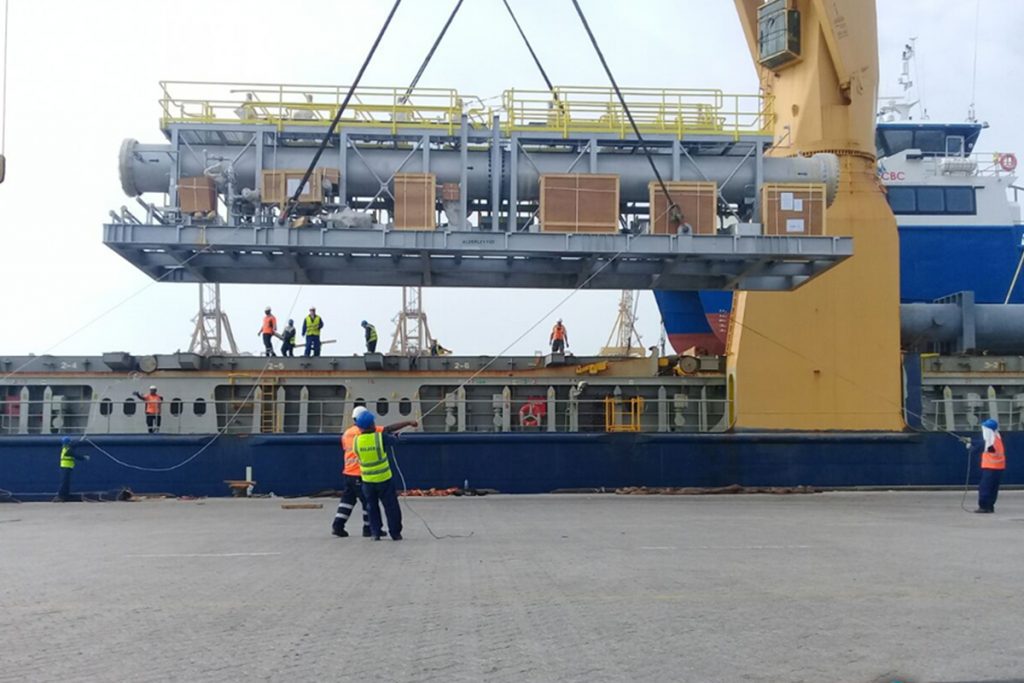
Cargo Flow Through Better Supply Chain Visibility, Control.
At Three Lines Shipping, we understand the importance of safe and timely transportation of your shipments; with our own fleet of trailers we provide secure, fast and reliable transportation of the goods.
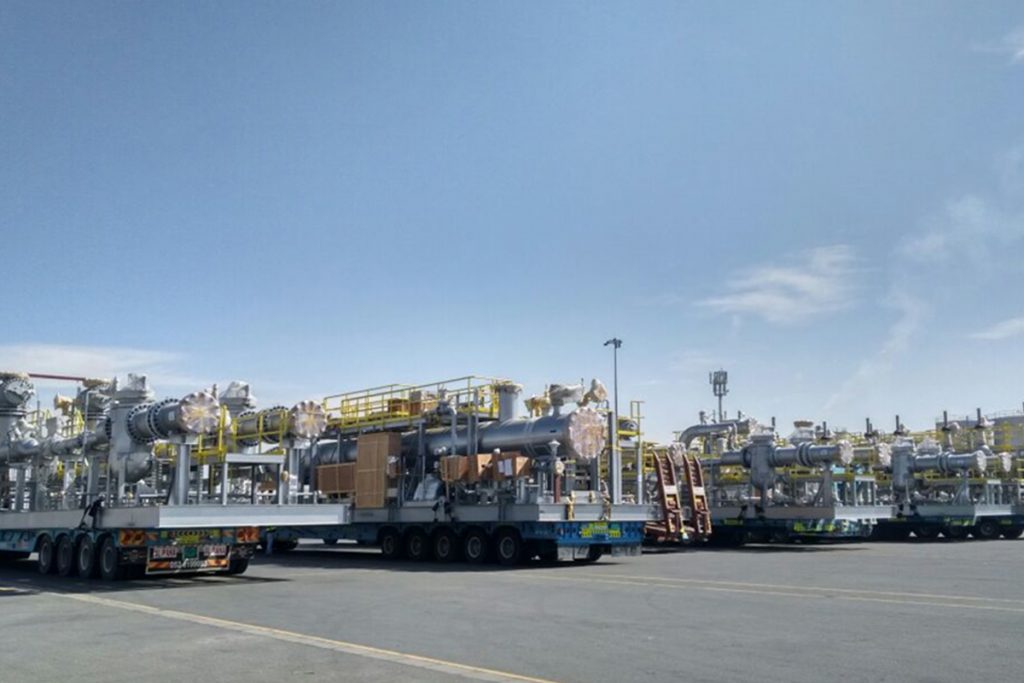
Importance Of Specialized Focus In Projects, Oil & Gas Logistics?
At Three Lines Shipping, we understand the importance of safe and timely transportation of your shipments; with our own fleet of trailers we provide secure, fast and reliable transportation of the goods.
Our Newsletter
Sign up for industry alerts, news & insights.
